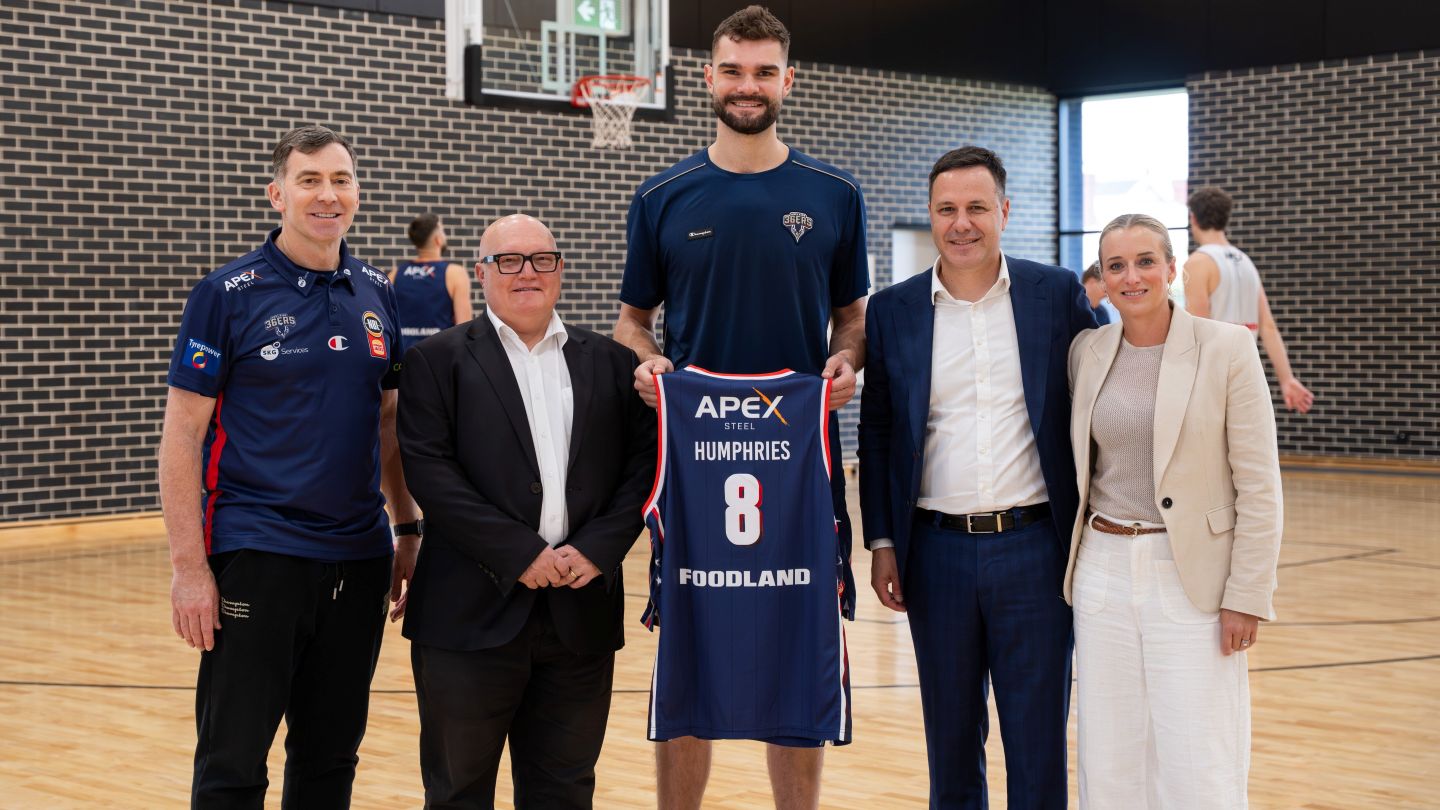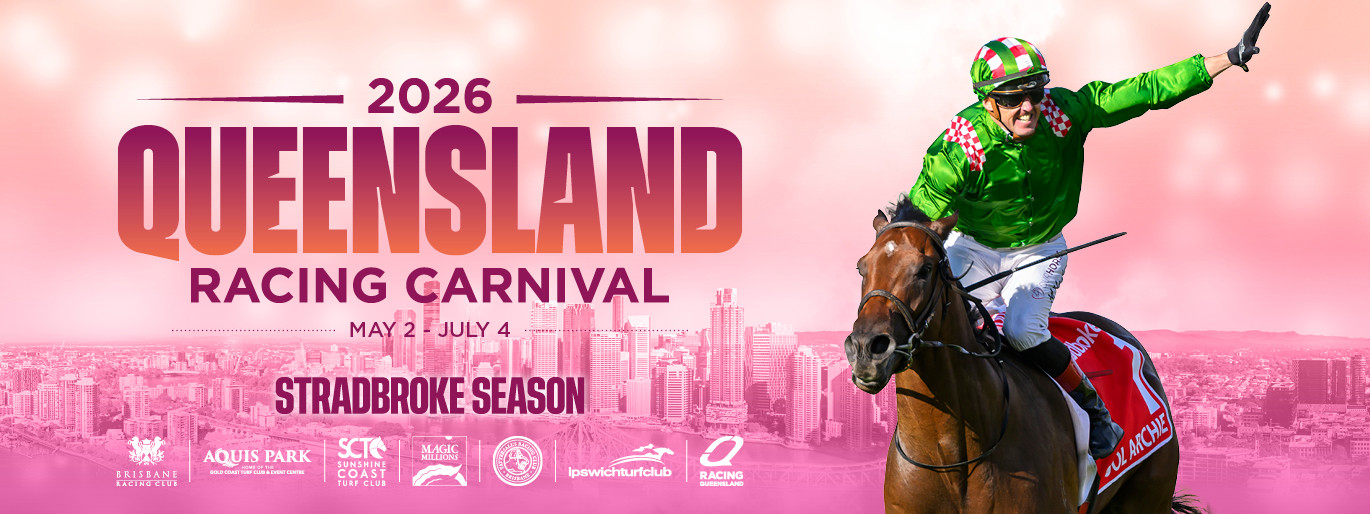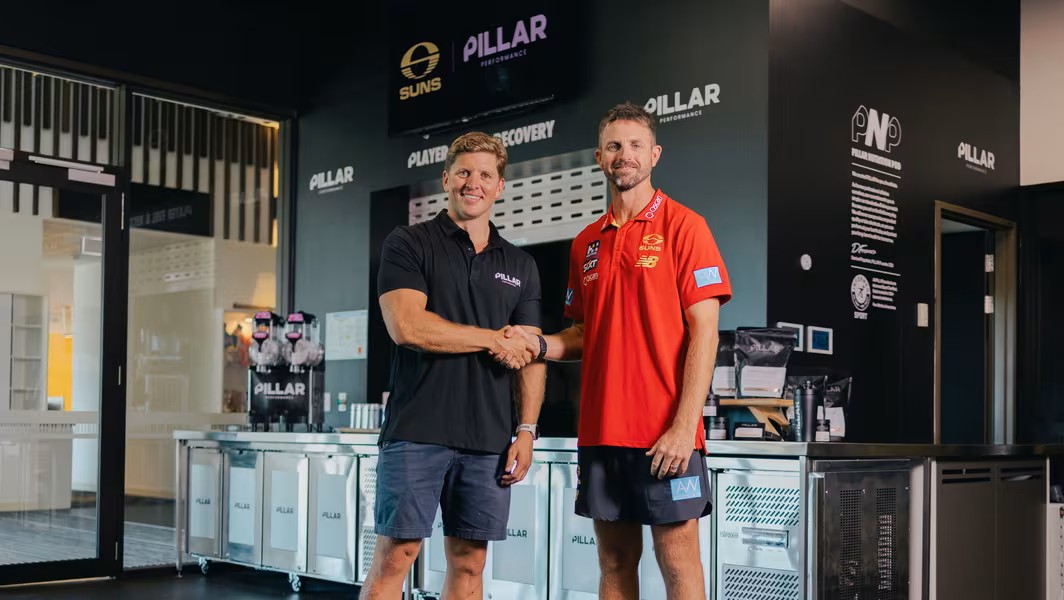The Rise of Mental Health Advocacy in Sports and Its Impact on Fans
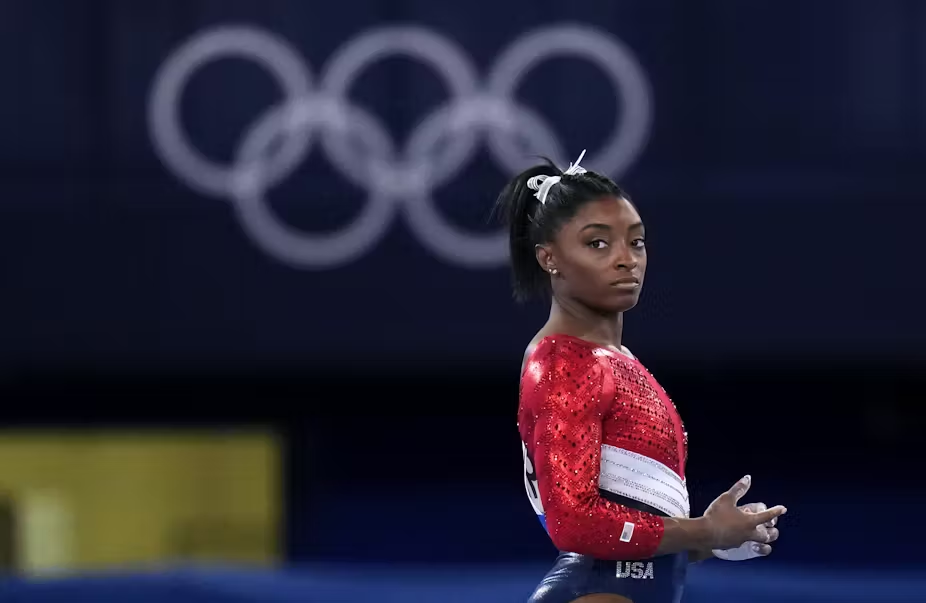
Earlier this year, the Boston Red Sox made headlines when they placed relief pitcher Chris Martin on the 15-day injured list – not for a sore shoulder, a tight elbow, but for anxiety.
Traditionally, sports injury lists has been used for physical ailments, with any mental health issues often dismissed under the vague label of “personal reasons.” In fact, when athletes have previously opened up about their struggles, they faced scrutiny from reporters and fans alike. A 2009 article in The New York Times quoted a psychiatrist who doubted that a professional athlete could suffer from social anxiety, suggesting that it would prevent someone from excelling in sports all together – “A person with social anxiety disorder would never have played to begin with.”
Fortunately, the landscape is shifting. The conversation around mental health has evolved, and there is now a growing emphasis on ensuring that professional athletes receive the necessary support for their mental well-being.
Prominent figures in sports are leading this change by openly sharing their experiences. Naomi Osaka has been a strong advocate for mental health, withdrawing from the 2021 French Open to prioritise her well-being and stating, “I think the mental health part is really important.” Similarly, Michael Phelps, in discussing his struggles with depression and suicidal thoughts, has encouraged others to seek help, remarking, “I didn’t want to be alive anymore.” Kevin Love has also contributed to this dialogue by sharing his experiences with panic attacks in an essay for The Players’ Tribune, emphasising that it’s okay to ask for help and that no one is alone in their struggles.
This openness has fostered a deeper connection between athletes and fans, many of whom resonate with these shared challenges. By confronting the stigma around mental health, athletes are not just sharing their vulnerabilities; they are also advocating for the importance of mental well-being within the sports community.
Statistics underscore the prevalence of mental health issues among athletes.
- 34% of current elite athletes reported symptoms of anxiety and depression.
- Nearly 1 in 5 athletes may struggle with a mental health condition
- Approximately 35% of elite athletes suffer from disordered eating, burnout, depression, and/or anxiety
- 25% of athletes report experiencing mental health issues at some point in their careers, with pressures around performance, media scrutiny, and public perceptions
In response to these alarming statistics, sports organisations are recognising the need for comprehensive mental health resources. The NBA’s Mind Health Program, launched in 2018, requires each team to have a licensed mental health professional available for players and staff. Similarly, the NFL mandates teams to retain a behavioural health clinician on-site at least twice per week.
These initiatives underscore the importance of supporting athletes’ mental well-being alongside their physical training, as both aspects work together to enhance overall performance. By addressing mental health, athletes are better equipped to handle the pressures of competition, maintain focus, and recover from setbacks, ultimately leading to improved outcomes both on and off the field.
As more athletes continue to share their mental health journeys, the sports community must wholeheartedly support this movement. It is essential that mental health becomes an ongoing priority as the culture of sports evolves.
Similar Stories
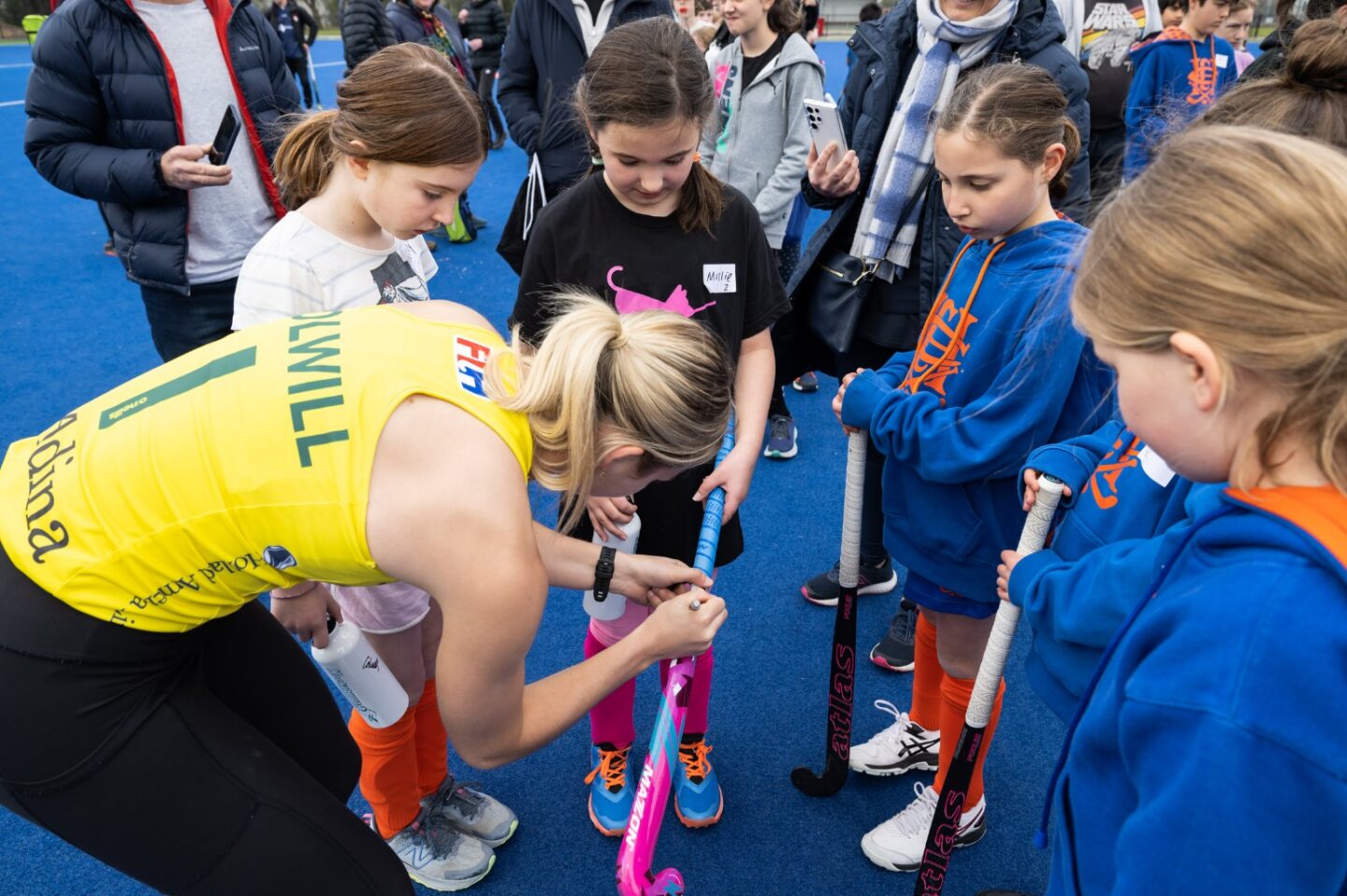
Hockey Australia Launch Adina Community Clinic In Hobart
Hockey Australia, in partnership with major sponsor Adina Hotels, successfully delivered a free...

Basketball Australia Reveals Refreshed Community Coach Mentoring Program
Basketball Australia has launched an overhaul of its Community Coach Mentoring Program (CCMP),...
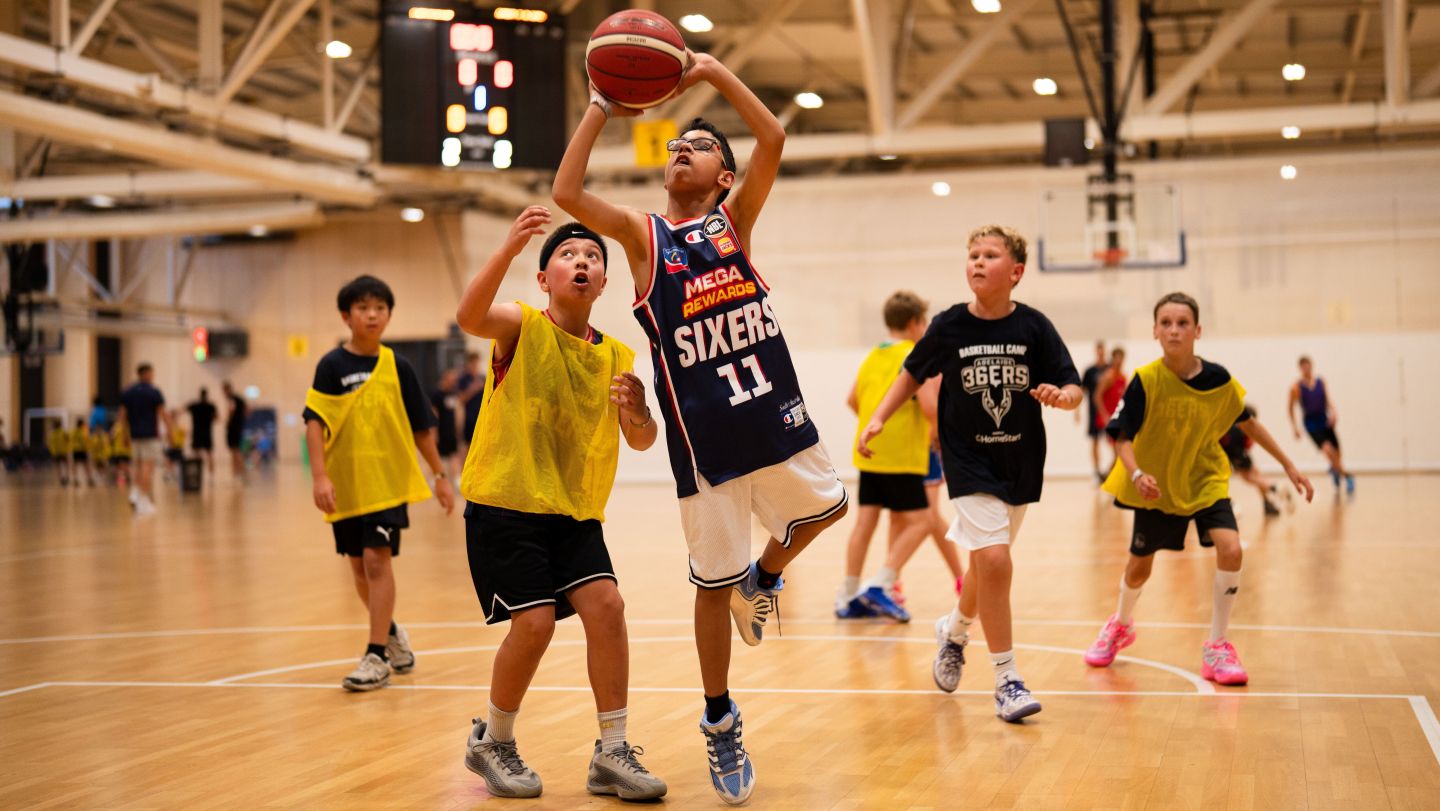
Adelaide 36ers’ Shooting Hoops Foundation Reaches 28,000 Participants in 2025
The Adelaide 36ers have solidified their reputation for off-court social impact, with the...
It's free to join the team!
Join the most engaged community in the Sports Business World.
Get all the latest news, insights, data, education and event updates.



